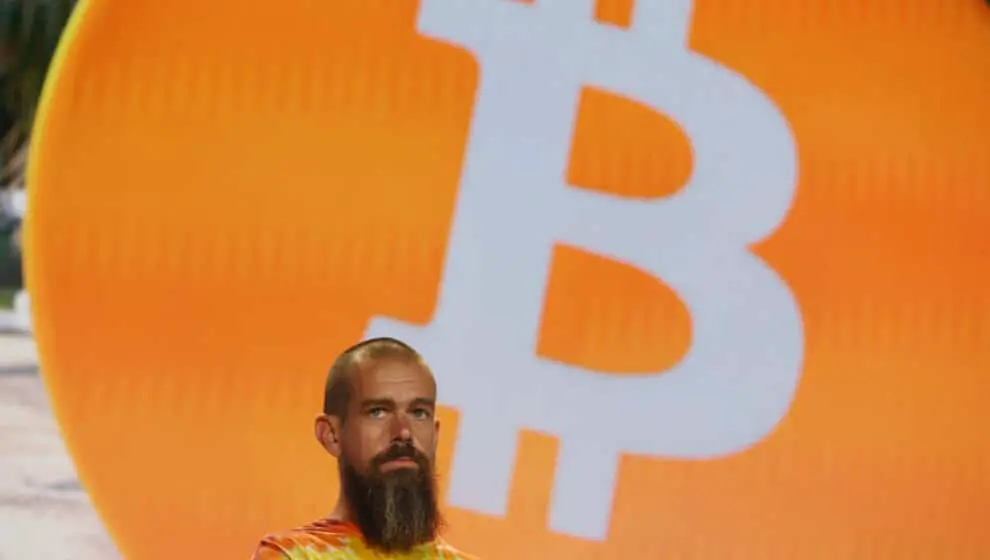Twitter founder and former CEO Jack Dorsey donated $10 million last week to help fortify the future of Bitcoin and social-media-network protocols.
Key Details
- On Thursday, May 4, Twitter co-founder and former CEO Jack Dorsey donated $10 million to crypto non-profit OpenSats.
- OpenSats is a non-profit financing company that supports open-source Bitcoin-related projects.
- Half of the donation is set aside for the development of the Nostr social protocol for the decentralized social-media network of the same name, Forbes reports.
- Dorsey says his hope is that “Bitcoin becomes the native currency of the internet and that the internet gets a native protocol for social media.”
Why It’s News
Cryptocurrency is facing an important inflection point in its development and mass adoption. Major currencies like Bitcoin have exploded since 2017 and skyrocketed in value, evolving from a speculative token used for illegal transactions into a respected investment tool, with investors like ARK Invest CEO Cathie Wood claiming that the token will be worth more than $1 million before the end of the decade.
The future of tokens like Bitcoin is heavily dependent on the next moves of the federal government, with regulators urging a severe crackdown on crypto, investors encouraging more defined space to navigate legally, and average consumers watching to see if the market proves viable as a safe long-term investment.
Dorsey’s donation sets him firmly on the side of those who believe that Bitcoin and other cryptocurrencies hold the future of decentralized finance and online technology. OpenSats, which operates a mandate to support sustainable open-source crypto projects, can use the donation to support researchers, educators, and other crypto projects and supporters.
Notable Quote
“We believe that free software and open protocols are necessary for a free and prosperous society. Without software that protects the individual user’s rights and freedoms, and without digital infrastructure that is open to all, modern society risks slipping further into digital totalitarianism,” says a statement from OpenSat.
